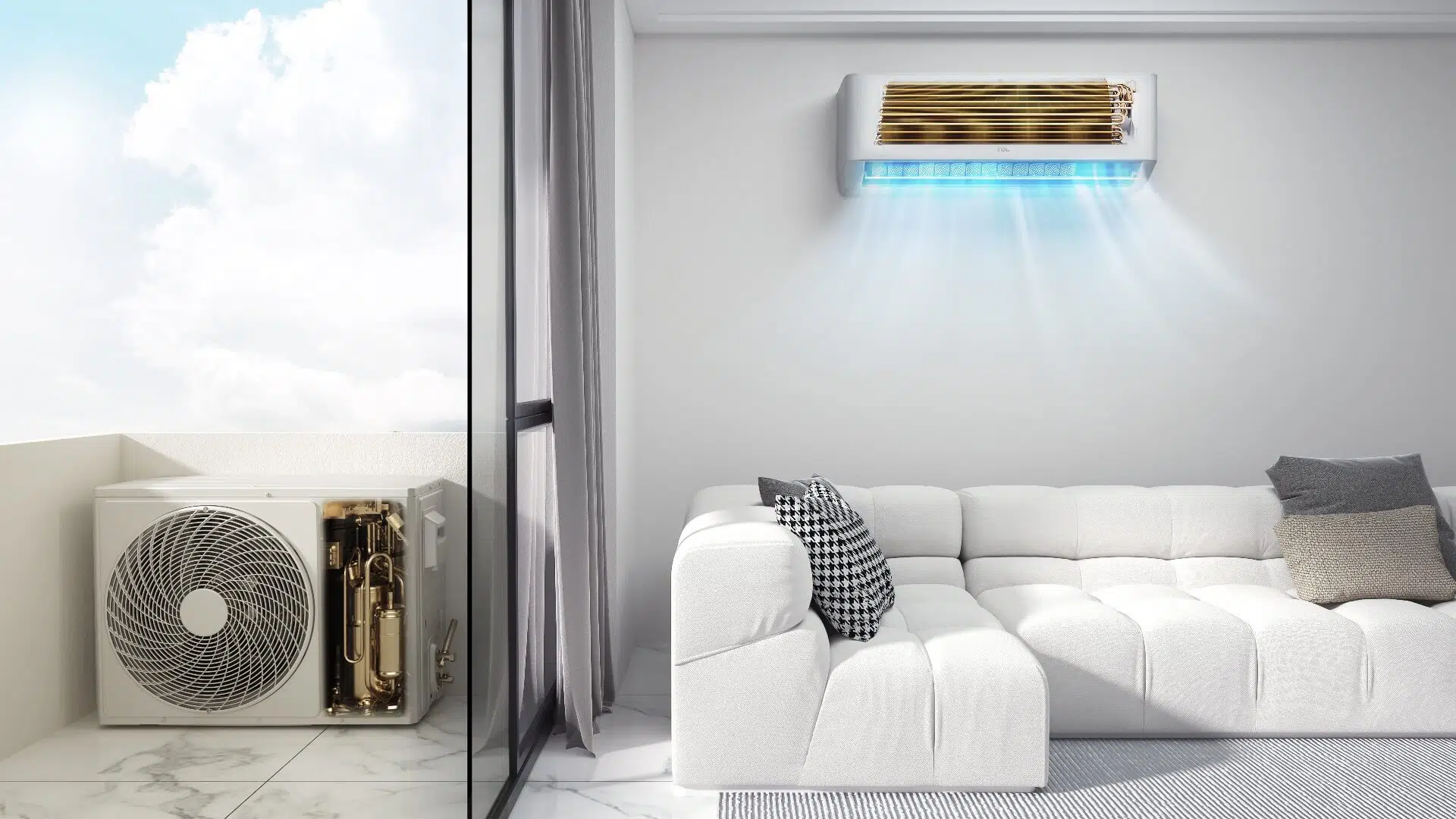Introduction to Air Conditioning
Air conditioning has become an integral part of modern living, providing comfort and improving the quality of life in various settings. From homes and offices to vehicles and public buildings, air conditioning systems play a crucial role in maintaining an optimal indoor climate. This technology, which began as a luxury, has evolved into a necessity, especially in regions with extreme weather conditions. Understanding the history, mechanics, benefits, and future of air conditioning highlights its importance and ongoing relevance in our daily lives.
The Evolution of Air Conditioning
The concept of air conditioning dates back to ancient civilizations that used rudimentary methods to cool their environments. However, the modern air conditioning system as we know it was invented by Willis Carrier in 1902. Carrier’s innovation was initially designed to control humidity in a printing plant, but it soon found applications in various industries and eventually in residential settings. Over the decades, advancements in technology have significantly improved the efficiency and accessibility of air conditioning systems. Today, they are not only more energy-efficient but also more environmentally friendly, incorporating features such as programmable thermostats and smart home integration.
How Air Conditioning Works
Air conditioning systems operate on a fundamental principle of thermodynamics: the transfer of heat from one place to another. The basic components of an air conditioner include the compressor, condenser, evaporator, and expansion valve. The process begins with the refrigerant, a chemical compound, circulating through these components. The refrigerant absorbs heat from the indoor air at the evaporator coil, where it evaporates into a gas. The compressor then pressurizes the gas, increasing its temperature. As the refrigerant flows through the condenser coil, it releases the absorbed heat to the outside air and condenses back into a liquid. This cycle repeats, continuously cooling and dehumidifying the indoor air. Modern air conditioning systems also come with air filtration and purification features, enhancing indoor air quality.
Benefits of Air Conditioning
Air conditioning offers numerous benefits that extend beyond mere comfort. One of the primary advantages is its ability to regulate indoor temperatures, providing relief during hot and humid weather. This is particularly important for vulnerable populations, such as the elderly and those with certain health conditions, who are more susceptible to heat-related illnesses. Additionally, air conditioning can improve indoor air quality by filtering out pollutants, allergens, and microorganisms, thereby reducing the risk of respiratory issues. In commercial settings, air conditioning enhances productivity and protects sensitive equipment from overheating. Furthermore, air conditioning systems contribute to better sleep by creating a cool and comfortable environment, which is essential for overall health and well-being.
The Future of Air Conditioning
As we look to the future, the air conditioning industry continues to evolve, driven by advancements in technology and increasing awareness of environmental concerns. One of the key trends is the development of more energy-efficient and eco-friendly systems. Innovations such as variable-speed compressors, advanced refrigerants with lower global warming potential, and integration with renewable energy sources are paving the way for sustainable cooling solutions. Smart air conditioning systems that can be controlled remotely via smartphones and integrated with home automation systems are becoming increasingly popular. Additionally, research is ongoing into alternative cooling technologies, such as solid-state cooling and evaporative cooling, which could offer more sustainable options in the future. As the demand for air conditioning continues to grow globally, especially in developing regions, these advancements will play a crucial role in meeting cooling needs while minimizing environmental impact.
In conclusion, air conditioning has transformed from a luxury to a necessity, significantly impacting our daily lives and well-being. The continuous evolution of this technology promises a future where comfort and sustainability coexist, ensuring that air conditioning remains a vital component of modern living.


